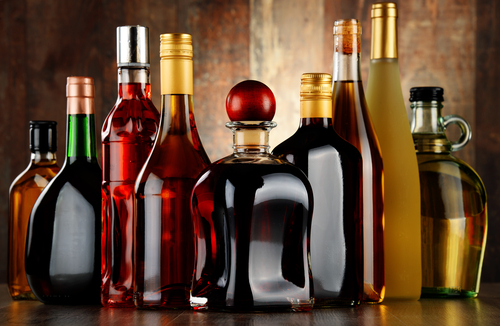Container deposit schemes should be expanded to include milk, wine and spirit bottles to prevent more waste ending up in waterways.
A parliamentary inquiry examining plastic pollution has called for container deposit schemes to be harmonised across states and territories to increase the amount of materials to be recycled.
A container deposit scheme allows for people to return plastic bottles, cartons or aluminium cans to collection points in exchange for 10 cents per item, although standards differ between jurisdictions.
The inquiry’s final report, handed down to federal parliament on Tuesday, recommended a unified scheme be implemented as well as boosting the number of items that can be handed in at collection sites.
Glass bottles or milk bottles are unable to be collected, but the committee said a unified scheme should include more items to increase recycling.
It was one of 22 recommendations put forward by the inquiry, which included simplifying labels on packaging to make it clearer what could be recycled.
The report called for an overhaul to the national plastics plan, which oversees ways for recycling to be increased to prevent pollution.
The inquiry’s chair, Labor MP Tony Zappia, said the plan was not effective.
“Australia’s current national plastics plan is a disjointed compilation of goals,” he said.
“Disappointingly, some of which were already completed prior to the plan being developed and others that were not completed by their expected deadline.
“Responsibility for plastics must be shifted back onto plastics manufacturers.”
Mr Zappia said the majority of Australians wanted to recycle correctly, but disjointed laws between states and territories meant it was difficult for that to be achieved.
“Packaging and recycling labelling also needs to be standardised and simplified to reduce confusion and help consumers recycle the right containers,” he said.
The report came following the collapse of REDcycle, which enabled people to return soft plastics to supermarkets for recycling.
The company revealed it had been stockpiling the materials in warehouses, rather than recycling them.
Mr Zappia said the collapse highlighted the need for a federal system to recycle soft plastics.
“Australia needs to act now to protect its natural environment for future generations,” he said.
Andrew Brown
(Australian Associated Press)




